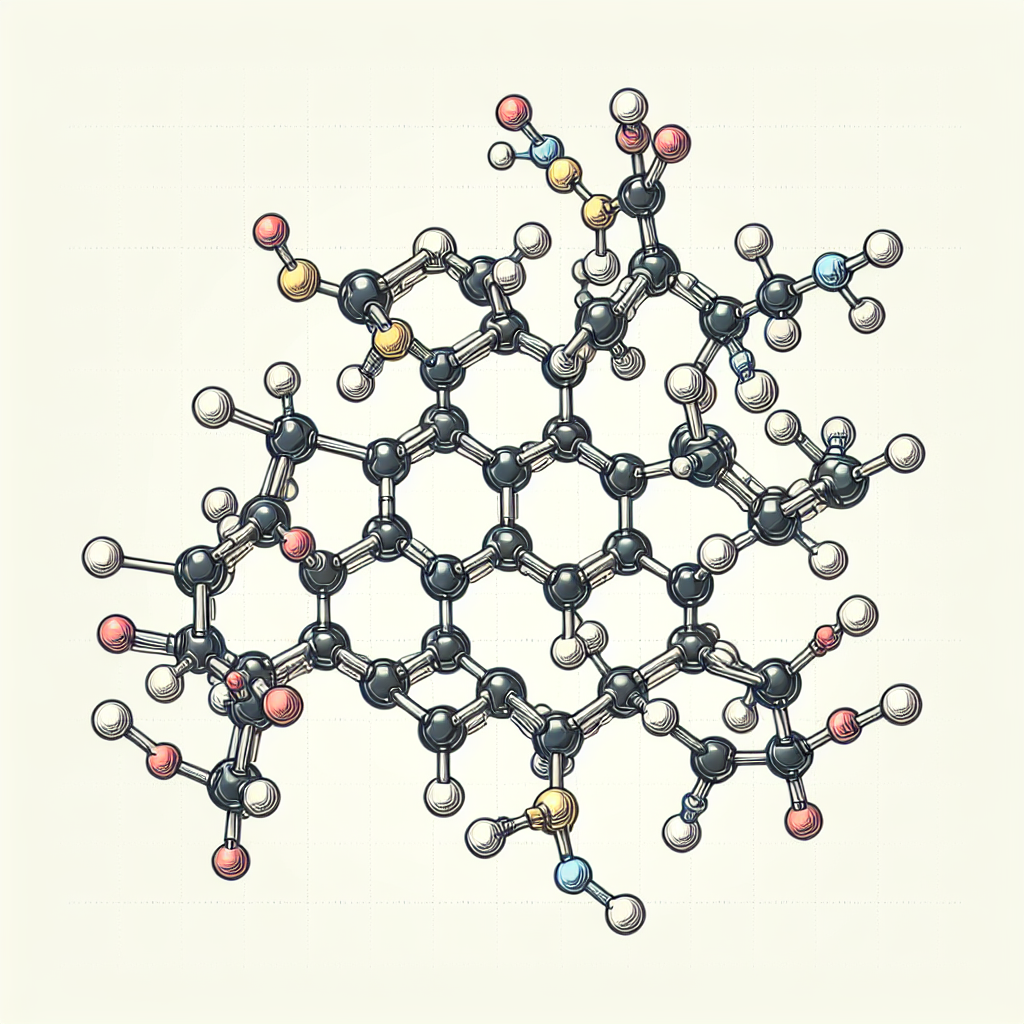Reviving Hope: Leucovorin's New Role in Treating Autism
The FDA approved GSK's leucovorin, a form of folate, for potential treatment of cerebral folate deficiency and autism. Originally withdrawn in 1997, leucovorin aids in neurological functions. Studies suggest benefits for autistic individuals, although more research is needed. This development could open new pathways for autism therapies.

In a significant move, the U.S. Food and Drug Administration (FDA) has approved a version of leucovorin, manufactured by GlaxoSmithKline (GSK), for potential treatment of cerebral folate deficiency and possibly autism. This development comes as President Donald Trump prepares to address health innovations in an upcoming speech.
Leucovorin, also known as folinic acid, is a form of essential B vitamin, B9. Initially used to counteract toxic effects of certain chemotherapy drugs, leucovorin's potential benefits for autism stem from its role in enhancing neurological functions. Some research indicates that it may aid children with autism who have genetic variations affecting folate processing.
Despite these promising steps, experts urge a cautious approach. The Autism Science Foundation emphasizes that the current evidence is limited, highlighting the need for further research. Dr. David Mandell of the University of Pennsylvania notes that while leucovorin could benefit some autistic children, the available evidence remains weak and inconclusive.










